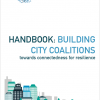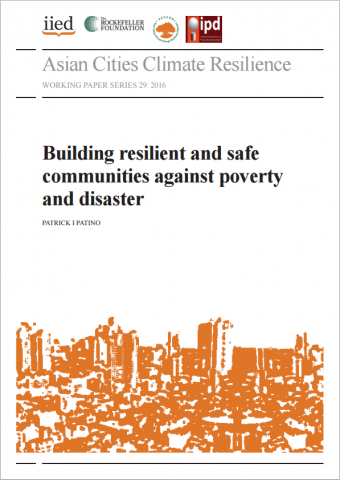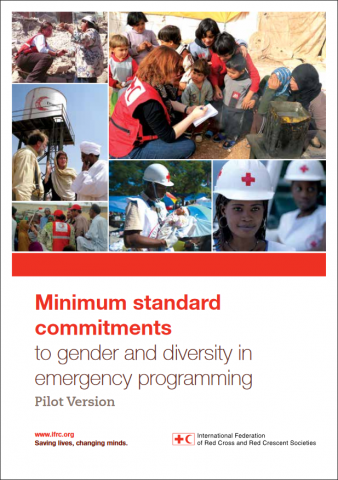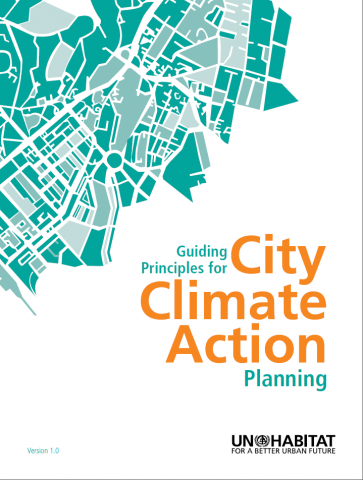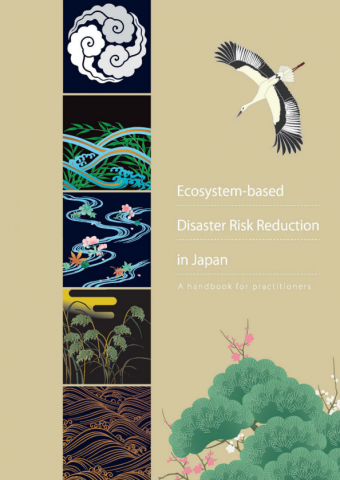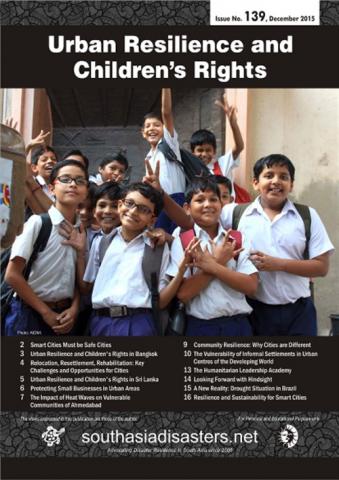Handbook: Building City Coalitions
The number of those affected by disasters, natural or otherwise, has steadily increased over the years. In 2016, the United Nations Office for the Coordination of Humanitarian Affairs (OCHA) predicts that 125.3 million people will be in need of humanitarian assistance across the globe. Meanwhile, resources to help these men, women and children are not […]
Handbook: Building City Coalitions Read More »

